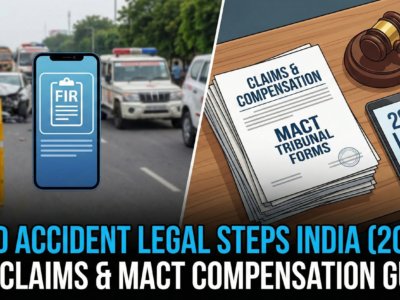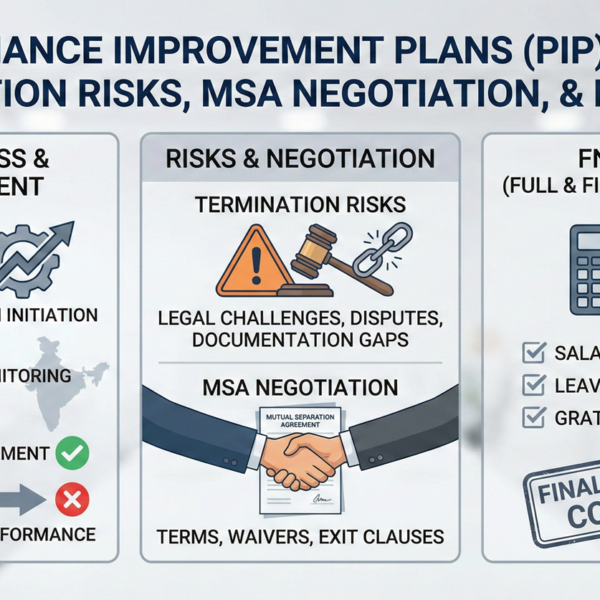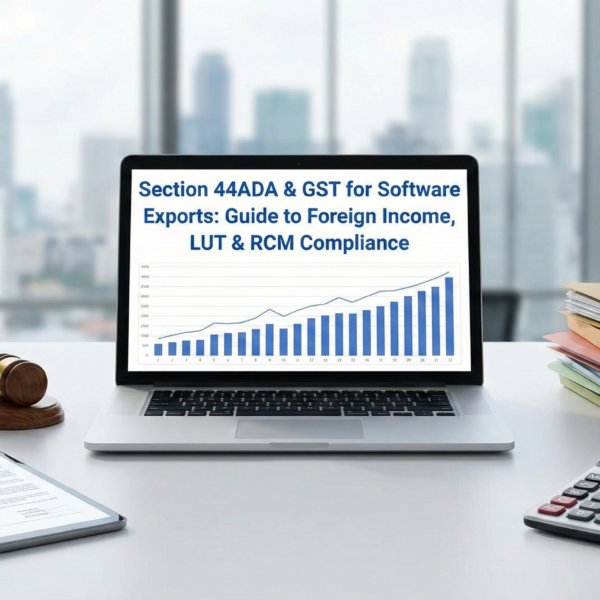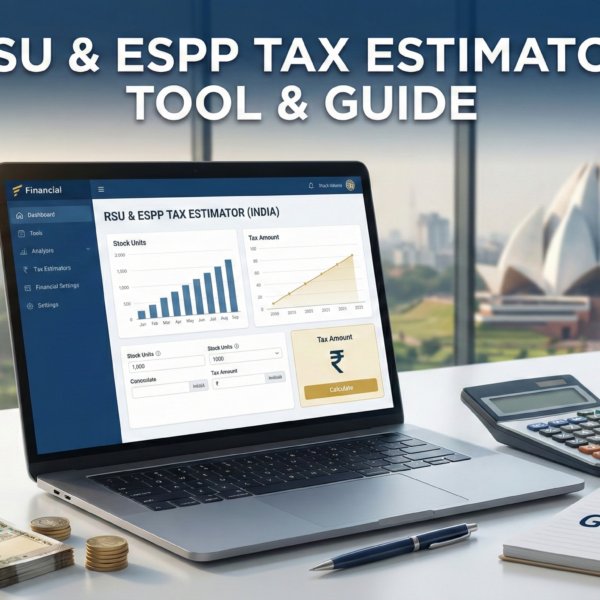The death of a loved one is devastating. Navigating their financial affairs, especially outstanding debts, adds another layer of stress. This guide clarifies the legal responsibilities for credit card dues in India, protecting you from misinformation and harassment.
Debt & Succession Law
Credit Card Debt After Death: Who Pays? A Legal Guide for Indian Families
The death of a loved one is devastating. Navigating their financial affairs, especially outstanding debts, adds another layer of stress. This guide clarifies the legal responsibilities for credit card dues in India, protecting you from misinformation and harassment.
Evaakil Legal Team
The First Principle: Debt Outlives the Debtor
In India, a person's financial liabilities survive their death. The legal maxim *'actio personalis moritur cum persona'* (a personal right of action dies with the person) does not apply to contractual debts. The responsibility for repayment falls not on the family personally, but on the deceased's "estate."
Key Takeaway: The deceased's Estate (all assets left behind) is responsible for paying debts. Legal heirs are NOT personally liable unless contractually bound as a co-applicant or guarantor.
Infographic: The Waterfall of Debt Repayment
When an estate is settled, debts are paid in a specific order. Unsecured debts like credit cards are near the bottom.
DECEASED'S ESTATE
(Bank Balance, FDs, Property, Stocks, etc.)
SECURED CREDITORS
(Home Loans, Car Loans)
PRIORITY EXPENSES
(Funeral Costs, Legal & Admin Fees)
UNSECURED CREDITORS
Credit Card Companies, Personal Loans
Interactive Tool: Estate Solvency Calculator
An estate is 'insolvent' if liabilities exceed assets. Use this tool to see if the estate can cover its debts.
₹100 Lakhs
₹50 Lakhs
The Legal Framework: Your Shield & Rulebook
Debt recovery is not arbitrary. A powerful legal framework protects heirs while defining creditors' rights. Understanding this is your best defense.
Code of Civil Procedure, 1908: The Shield
This is the cornerstone of your protection. Section 50(2) explicitly states that a legal heir's liability is limited only to the extent of the property of the deceased they inherit. It statutorily severs any link between the deceased's debt and your personal property. Your own assets are safe.
Indian Succession Act, 1925: The Rulebook
This Act governs how an estate is managed and distributed. For creditors and banks, the key document is often the Succession Certificate. This court-issued document officially recognizes you as a legal heir, granting you the authority to manage the estate and settle claims. Banks require this to ensure they are dealing with the rightful person.
RBI Guidelines on Recovery: The Code of Conduct
The RBI provides the ethical rules. Recovery agents cannot harass, threaten, or intimidate you. They cannot call you at odd hours (before 8 AM or after 7 PM) or publicly shame you. Any violation is a serious breach and should be reported immediately to the bank and the RBI Banking Ombudsman.
Secured vs. Unsecured Cards: A Critical Distinction
Not all credit cards are created equal. Understanding this difference is key to knowing the bank's rights.
Unsecured Credit Cards
This is the most common type. The credit limit is based on your income and credit score, with no specific asset as collateral.
- Bank is a low-priority creditor.
- Must wait for secured debts to be paid first.
- Recovery is from the general estate pool.
- Higher risk for the bank, which can lead to write-offs if the estate is insolvent.
Secured Credit Cards
These are issued against a pledged financial asset, most commonly a Fixed Deposit (FD).
- Bank has first right (lien) over the FD.
- Can liquidate the FD to recover dues immediately.
- Bypasses the estate settlement queue.
- The FD amount is not part of the distributable estate until the debt is cleared.
Who is Legally Responsible? A Clear Breakdown
Liability isn't determined by family ties, but by contract. Here’s who is—and isn’t—responsible for the debt.
Legal Heirs
If you only inherited assets and didn't sign the card agreement.
NOT PERSONALLY LIABLE
Liability is limited to the value of assets you inherit. If the estate is empty, your liability is zero.
Add-on / Authorized Users
Spouse or child using a card linked to the primary account.
NO DEBT LIABILITY
You are not responsible for the debt. However, using the card after the primary holder's death is fraud.
Joint / Co-applicant
If you signed the application as a joint account holder.
FULLY & PERSONALLY LIABLE
Under the principle of "joint and several liability," you are 100% responsible for the entire balance.
Guarantor
If you signed a guarantee for the deceased's credit card.
FULLY & PERSONALLY LIABLE
Per the Indian Contract Act, 1872, your liability is "co-extensive" with the borrower.
Heir's Action Plan: A Step-by-Step Guide
Feeling overwhelmed? Follow these steps to manage the process correctly and protect your rights.
Notify & Freeze
Immediately inform the card issuer(s) in writing of the death, providing a copy of the death certificate. This stops interest and fees. Also, notify credit bureaus (CIBIL) to prevent identity theft. Cease all card usage.
Gather & Organize
Collect all financial documents: card statements, loan agreements, bank details, insurance policies. Apply for a Legal Heirship Certificate or Succession Certificate, as banks will require this.
Assess & Communicate
Inventory the estate's assets and liabilities. Communicate with the bank in writing. If the estate has funds, pay the debt. If not, inform the bank. Banks may offer a one-time settlement for a reduced amount, as it's better than getting nothing.
Assert Your Rights
Recovery agents must follow strict RBI guidelines. They cannot harass or threaten you. If they do, file a complaint with the bank and the RBI Banking Ombudsman. Never promise to pay from your own pocket.
Proactive Planning: Shielding Your Family
While the law protects heirs, proactive planning by the cardholder is the best way to prevent financial stress for their family.
Credit Shield Insurance
Many banks offer "Credit Shield" insurance. This small monthly premium can be a lifesaver, as the policy pays off the outstanding card balance upon the holder's death.
| Provider | Max Coverage | Key Triggers |
|---|---|---|
| HDFC Bank (HDFC ERGO) | Up to ₹9 lakh | Accidental Death, Permanent Disability |
| Standard Chartered | Up to AED 350,000 | Death, Disability, Critical Illness, Job Loss |
| ICICI Bank | Outstanding Amount | Accidental Death |
| Federal Bank | Loan Amount | Death (Single/Joint) |
| IDFC FIRST Bank | Not Specified | Death (claim process exists) |
General Life Insurance
Protected Funds: Life insurance proceeds are paid directly to the nominee and are legally protected from the deceased's creditors. The bank cannot claim this money. The nominee is under no legal obligation to use these funds to pay the debts, though they may choose to do so voluntarily.
The Ultimate Protection: Estate Planning
Make a Will
A legally valid Will is the most powerful tool. It appoints an executor to manage your affairs, directs how assets are distributed, and provides clear instructions for settling debts, minimizing ambiguity and conflict.
Appoint Nominees
Appointing nominees for bank accounts, FDs, and investments ensures a swift transfer of assets. Note: In many cases, a nominee is a trustee for legal heirs, not the ultimate owner. A Will provides greater clarity.
Frequently Asked Questions
Can a bank harass my family for my deceased relative's credit card debt?
No. The RBI has strict guidelines against any form of harassment, intimidation, or coercion by banks or their recovery agents. Document any such incidents and report them immediately to the bank's nodal officer and the RBI Banking Ombudsman.
What happens if the estate has no money?
If the estate is insolvent (debts are greater than assets), the bank must write off any remaining credit card debt after the estate's assets are exhausted. Legal heirs are not required to pay the shortfall from their own pockets.
Do I have to use my life insurance payout to pay the deceased's debt?
No. Life insurance proceeds are paid directly to the nominee and are legally protected from the deceased's creditors. You are under no legal obligation to use these funds to pay the debts, though you may choose to do so voluntarily.
The bank is asking for a succession certificate for a small amount. Is this necessary?
While banks often insist on it to protect themselves, obtaining a succession certificate can be time-consuming and expensive. For smaller amounts, you can try to negotiate with the bank by providing a death certificate, a legal heirship certificate (from a Tahsildar/Mamlatdar), and an indemnity bond. However, the bank's internal policies will ultimately decide.









